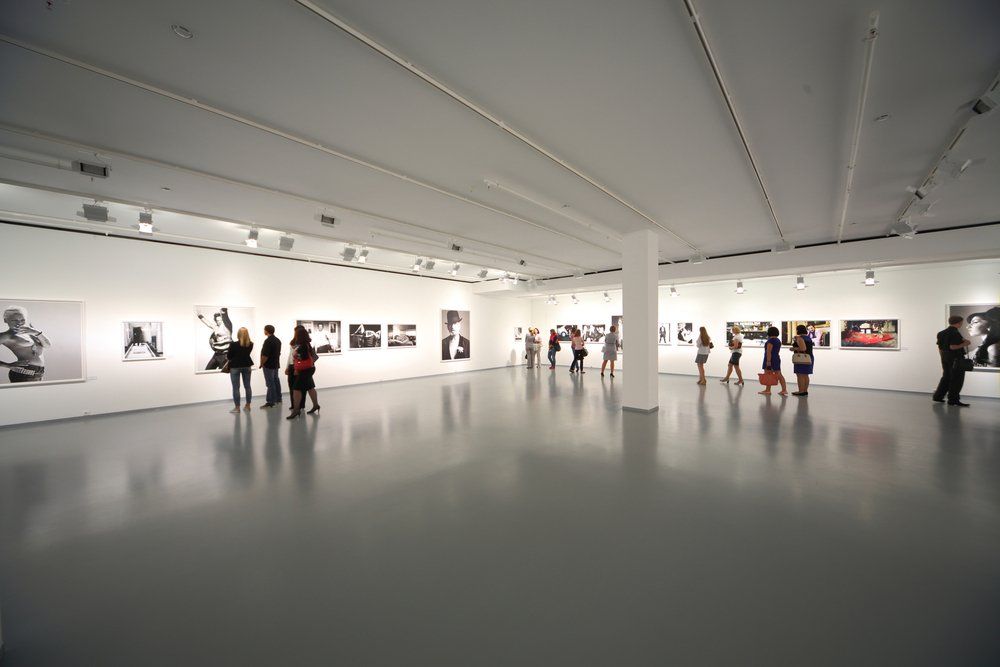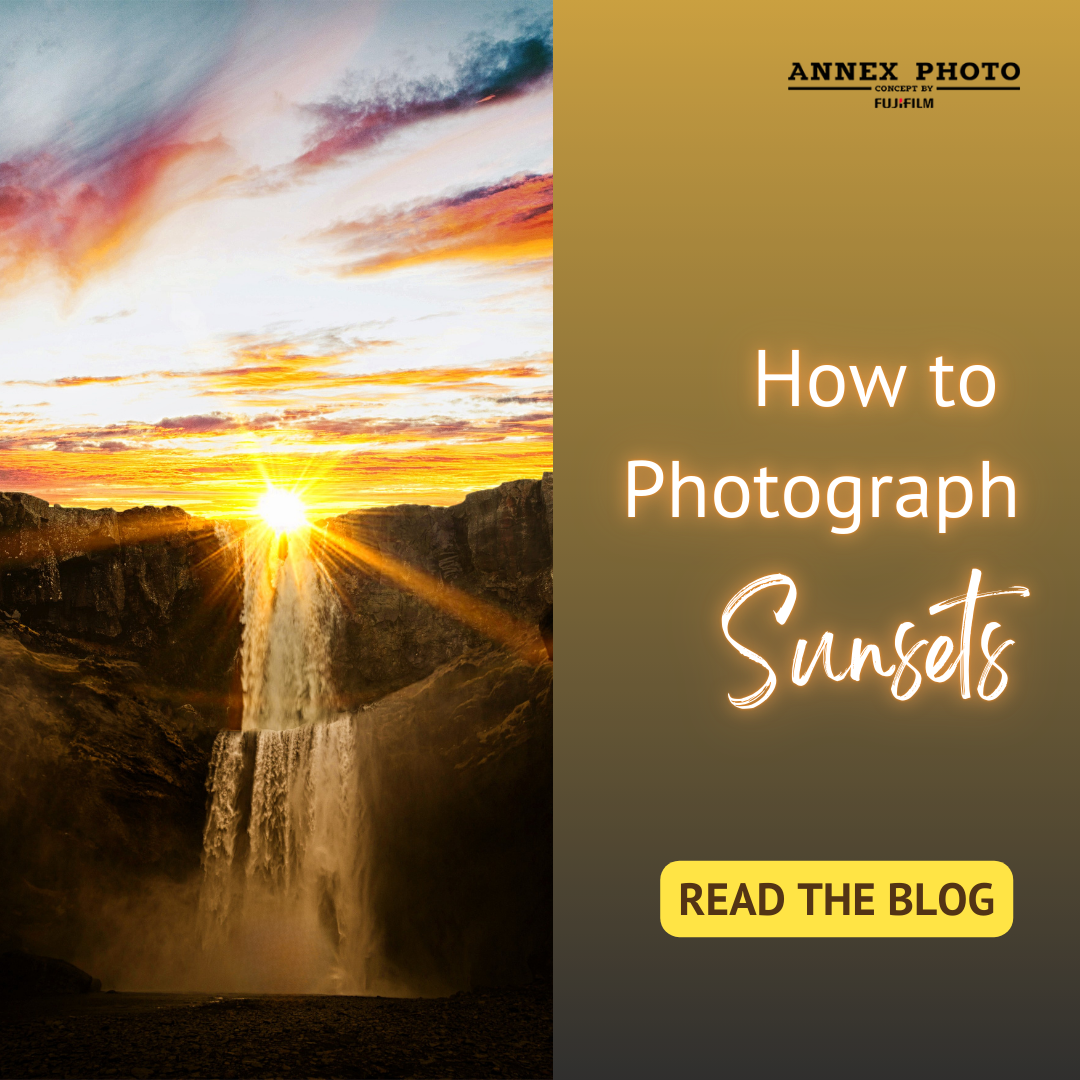All Blog Tags
Launch Your Photography Creativity: Everything a Photographer Needs to Know to Host Their Own Photo Show
Gallery shows are an integral part of any artist’s career. In an ideal world, a curator would discover your beautiful work and immediately offer you a luxurious show at a prestigious art gallery and next thing you know you’re basking in fame and fortune, mingling with the art world elite. In reality, sometimes you’ve got to take things into your own hands. Below, we’ve mapped out a little guide on how to organize a professional and practical photography show, all on your own. Enjoy!
Why Have a Photo Exhibition?
Putting on a gallery show is an important and rewarding step for any artist or photographer. A photo show allows you to see your work printed and in a professional setting and connect to it in a much deeper way than you would when seeing it on a screen. A show also allows you and your work to connect with members of your community and engage in a more meaningful way with members of your industry. Finally, it’s a great opportunity to get a chance to sell your work! Overall, putting on a photo show is an important career milestone.
Your Photography Work: How to Choose?
First thing’s first: what are you going to show? The photos you show are the backbone of your photo show, so you really want to start off by choosing the work you want to showcase and build your show around that. You have a few options when it comes to choosing work.
You can have a more general selection of your favourite photos; this works well if your portfolio is on the smaller side. If you’ve got lots of work to choose from, picking out a smaller series could be a good idea. If you don’t work in series, choosing a particular theme and pulling relevant works could be a good idea.
Don’t forget that group shows are an option too! Group shows can be great not only because of the larger variety of work you can show, but also because it’s a good way to split up costs and responsibilities.
Budget for Your Photo Show
A gallery show can certainly get expensive, so it’s important to plan your expenses wisely and thoroughly. Determine how much you are willing to spend on:
Make sure you do some research about grants and sponsorships that might be offered in your area, too!
Your Photo Exhibition: The Venue
One of your largest expenses will likely be venue rental, especially if you decide to show at a more conventional gallery space. While this can feel like the obvious choice, it’s not the only one! Alternative and unconventional gallery spaces are an option, too. Coffee shops and restaurants make great venues as they already have a built-in audience (i.e. the customers) so this is perfect if you don’t have a huge following yourself. Because having an art show at a coffee shop or restaurant can be mutually beneficial for both you and the venue, this is something you can often do for a lower cost, if not for free! Finally, don’t overlook places like warehouses, garages, or even your own living space as potential venues. Get creative!
From Digital to Physical
Once you’ve secured a venue, it’s time to prepare your work for exhibition. When choosing what size to
print your photos, it’s important to consider both the concept of your work and the venue itself. While sometimes bigger is better, that’s not always the case. Smaller prints may make more sense if you’re aiming for a more intimate experience for the viewer. It also makes more sense if the venue in which you’re exhibiting is small.
A good idea is to make a small to-scale model of the space so that you can visualize what different print sizes would look like. You can do this on paper, digitally, or even make a 3D model. Whatever works to help you really visualize the space! If you plan on offering your work for sale, this is also a good time to decide how you want to price your work, and if you want to have different sizes available for purchase.
Designing Your Photo Show Experience
At this point, you’ve got your show practically set up; you have a venue and you’ve got work to show. Now, it’s time for the finishing touches. Does your show have a name yet? If not, it’s time to come up with one, along with an artist’s statement. This will come in handy when you’re designing your poster, brochure, postcards, and any other advertising you might decide to do. This is definitely something you could do yourself! Or, if you don’t have an eye or skill for design, hire someone else to do it for you. Regardless, make sure to start on this well in advance so that you have enough time to design, print, and distribute everything so you can start promoting your photo show.
Opening Night
An opening night is a great way to incentivize people to come see your show. Typically, opening nights will have food, drink, and some kind of live entertainment, like a band or DJ. If you plan on having an opening night, these are all things you should carefully plan out and budget.
In terms of food and drink, see if any local breweries or caterers would be willing to sponsor your event in exchange for advertising, like putting their logo on your show’s poster. As for entertainment, many bands and musicians often need photos; offer to trade your services for theirs if you’re on a budget. To make sure you have a good turnout, be sure to advertise the event and invite friends, family, and even people in the industry like curators and other photographers. A gallery show is a perfect time to make some connections!
Get Started on Your Own Photo Exhibition!
Your first gallery show may be daunting, but with patience and careful planning, it can be a successful and rewarding experience. We hope this guide has made it feel like planning your own show is within reach. Good luck! May your next show be organized by someone else!
Share
Most Recent Posts








